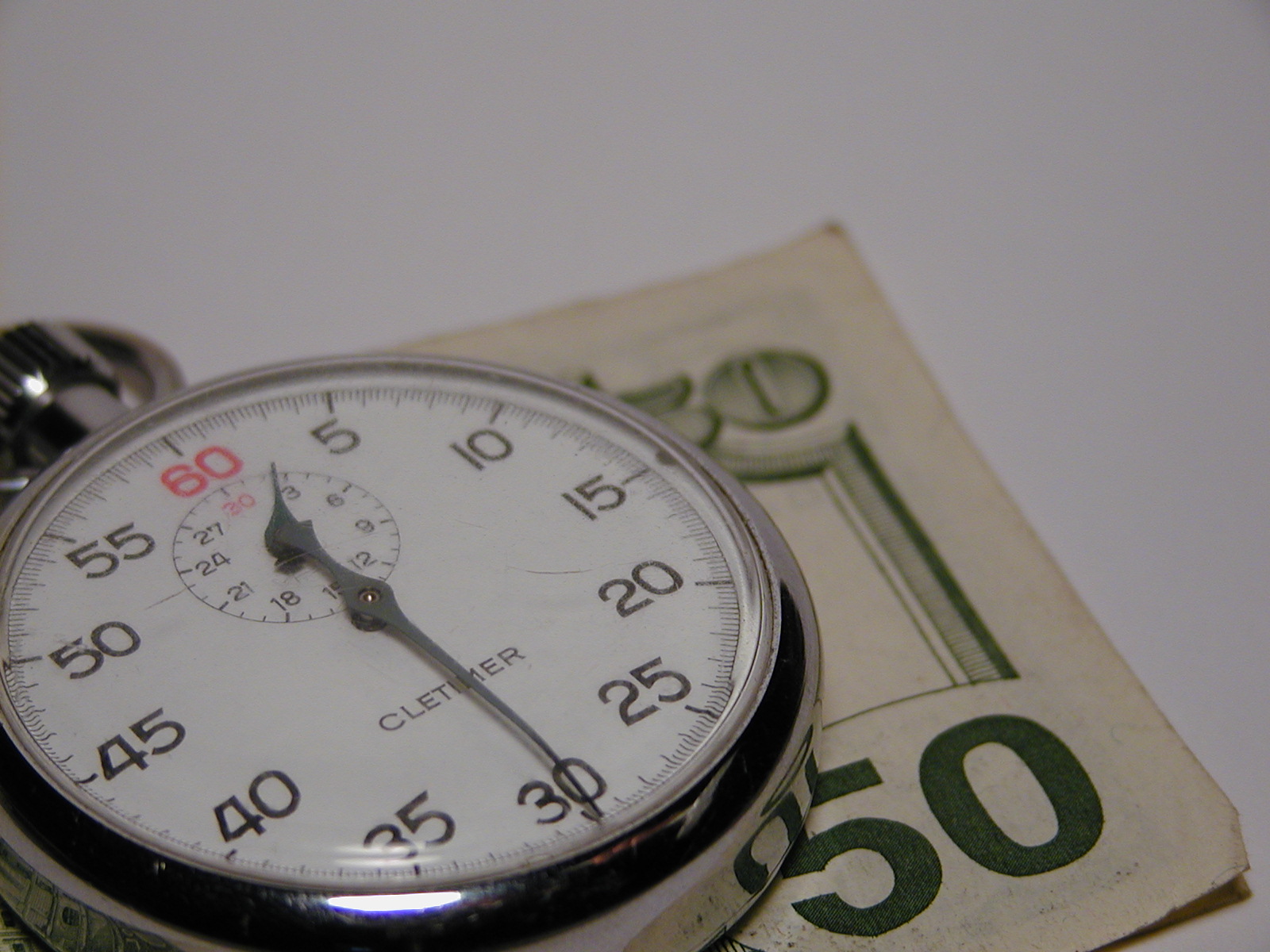
29 Feb Can I pay my taxes late?
Photo: bkornprobst/morguefile.comQ. If I know I will owe taxes, is there an advantage to filing later? Or even doing an extension?
— Gonna owe
A. Let’s start with the rules that the timing of paying your taxes.
If the tax you owe is more than $1,000, the federal government will not allow you to pay your income taxes in one single payment — unless that payment was made in the first quarter of the year, said Bernie Kiely, a certified financial planner and certified public accountant with Kiely Capital Management in Morristown.
“You must pay your taxes in through payroll withholding or quarterly estimated payments or a combination of the two,” Kiely said. “The amount you must pay in is the lesser of 100 percent of the prior’s year’s taxes or 90 percent of the current year’s taxes.”
If your adjusted gross income last year is $150,000 or more, you must pay in 110 percent of the prior year’s tax or 90 percent of this year’s tax, Kiely said.
These quarterly payments are due April 15 — the day your tax return is due — June 15, Sept. 15 and Jan. 15 of the next year.
Kiely said there is an exception to the four quarterly payments rule.
“Let’s assume you earn 100 percent of your annual income in a short period of time, say from Aug. 1 to Oct. 15,” he said. “That’s over two estimated tax quarters. You wouldn’t want to be required to make a payment in April or June — you had no income.”
Kiely said there Form 2210 is used to calculate underpayment penalties. Then there’s Form 2210 AI (Annualized Income), which would be used to show how much you earned each quarter and the resulting required payment. There is also form 2210 F, which is used for farmers.
“So if you owe more than $1,000, the interest and penalty clock is already running,” Kiely said. “Unless you meet one of the exceptions, the longer you wait to pay, the more you will owe.”
Steven Gallo, a certified public accountant with U.S. Financial Services in Fairfield, said you have the option of filing for an extension, and if you do so prior to April 15, you will not incur a late filing penalty as long as all your tax liability has been paid on a timely basis.
“However the extension only gives you extra time to actually file your return,” he said. “It does not give extra time to pay the taxes due.”
He said the interest rates assessed by the IRS and New Jersey are extremely high especially in light of the current low interest rates in the market.
“There is absolutely no benefit to delaying the payment of your tax balance since neither the IRS nor the State of New Jersey want to be in the business of lending money, and therefore they purposely make it cost prohibitive to owe them money,” he said.
Good luck!
Email your questions to Ask@NJMoneyHelp.com.
This story was first posted in February 2016.
NJMoneyHelp.com presents certain general financial planning principles and advice, but should never be viewed as a substitute for obtaining advice from a personal professional advisor who understands your unique individual circumstances.
